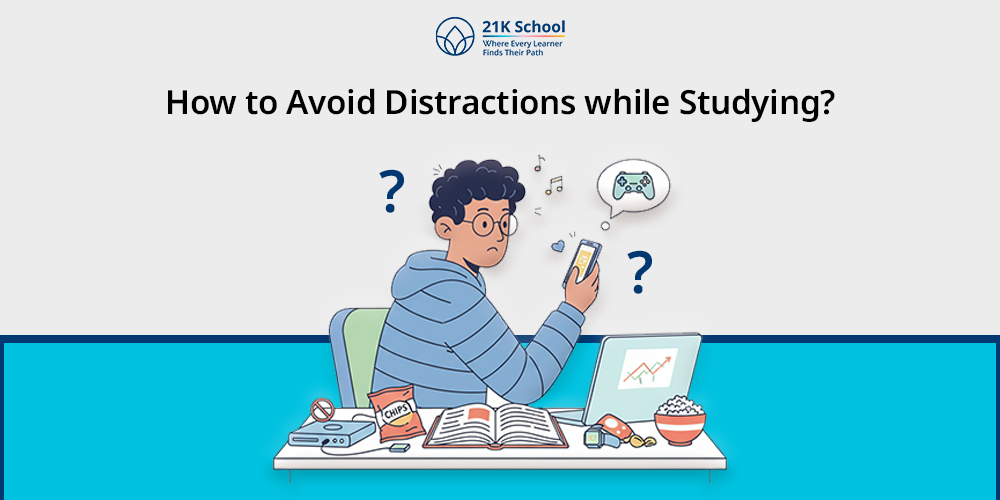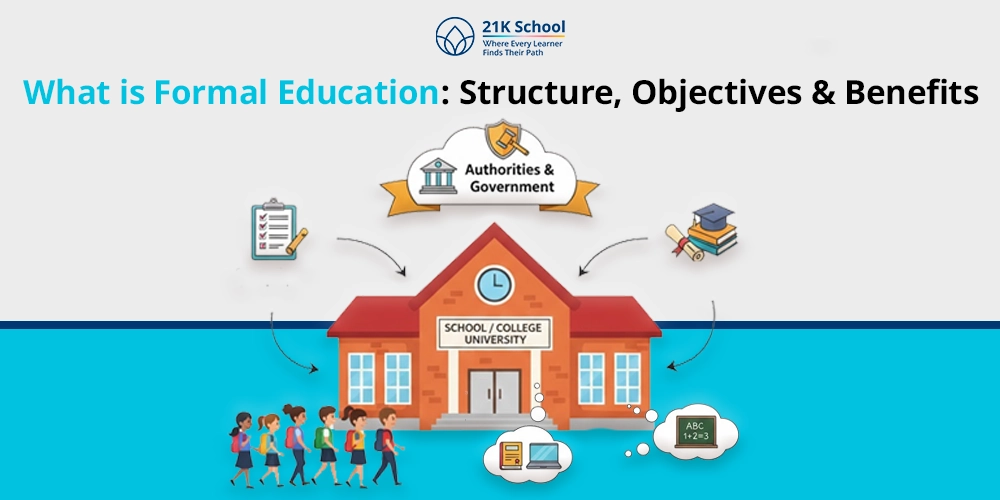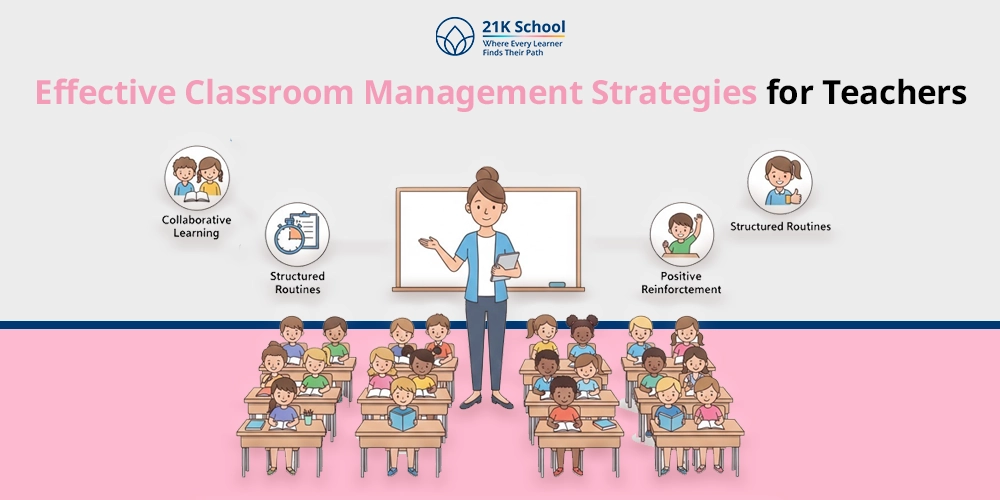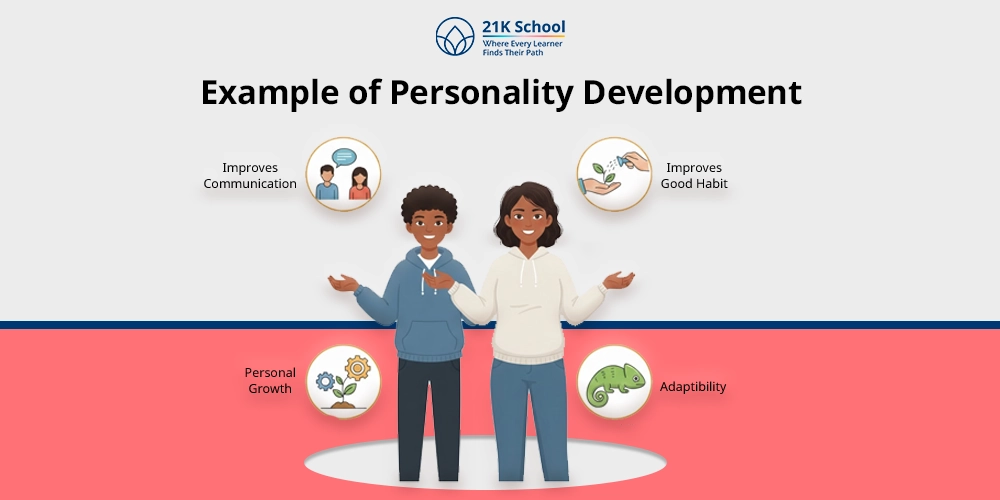
How does distraction keep pupils from learning?
Distractions take away the ability of students to gain information. Any internal or external factors that break the tune of learning will bring about a loss in concentration. Once concentration is lost, it requires time to get back into the mood of learning; hence more time is consumed and less productivity achieved.
Interruptions fall into two categories: external distractions such as noise, objects, or people’s interruptions and internal distractions comprising tension, daydreaming, hunger, and tiredness. Though most people tend to ignore the internal factors, they can be more harmful since they take one’s attention from inside.
To beat these problems, students must build up study discipline. This means setting up the place, making a steady plan, and using ways to control their body and mind. Fighting both outside and inside distractions can greatly improve study results, memory of material, and long-term learning ability.
Table of Contents
How to Avoid Distractions while Studying: 14 Best Tips
Studying can be defined as the conscious effort of trying to maintain or regain focus. This world has become so fast with numerous sources of stimulation competing for one’s attention, making it difficult for a student to sustain their interest in studying.
Below are organized ways through which one can reduce distractions and improve academic performance.
1. Establish a Study Area
A place set apart for study tells the brain that it is time to work. Let this place be used only for academic activities, which requires concentration. There should not be any clutter or distractions in the environment to focus.
The place where one sits to study can make a difference in his concentration levels. Bright, airy spots help in keeping the person alert whereas chaos around hampers concentration. A particular spot reserved for studying helps build habits in students that support regular academic work hence increasing conscious awareness and clarity of mind with time.
2. Keep Away Mobile Phones
Mobile phones are major sources of distraction. If there is any notification, message, or alert that has not been attended to, one cannot concentrate for long hours. Even if there were brief interruptions in the end, attention would be fragmented and learning would not be effective.
3. Set a Study Routine
Consistency in anything breeds success. If study periods happen at the same hours of the day, the mind gets tuned to focus during those particular hours hence beating procrastination.
Study routine also helps in time management. Break the workload into smaller tasks; large workloads often lead to overwhelming feelings. Study at times of peak hours of alertness. Retention is better remembered; understanding is improved. Decision fatigue is minimized.
4. Avoid Multitasking
People think multitasking is effective, but it is not. Quality is degraded and comprehension is fragmented when several tasks are done simultaneously. Your brain works in a pattern and you have to think about one thing at a time. Because many things are competing for attention at once, cognitive resources are depleted and it is hard to pay attention or remember information.
Focusing on a subject or process leads to better cognitive processing, memory creation and comprehension. Keeping away from multitasking helps with learning and also with resistance to constant distractions.
5. Meditation
Meditation is a mental training technique that gets the mind used to being quiet. Regular training increases the control of attention, and emotions, or stress responses. It helps reduce mental noise so that one can easily bring back focus whenever it strays.
The practice of meditation in daily life helps to unclutter and become aware. Gradually, meditation develops into an ability that stays as a tendency to keep focus which results in better academic and emotional performance.
6. Avoid T.V.
Television is a major distraction, even if it is not being watched, just playing in the background. Audiovisual stimuli divide attention between the academic work being performed and other tasks making it difficult to maintain concentration.
Turning off the TV during study periods will permit better concentration of study. Disorganized study emanates when students study under conditions of competing stimuli reflecting no deep concern for the material.
7. Goals Set Direction
Goals set purpose is essential for effectiveness. Allow the student to nibble at a big chunk by breaking it down into smaller, manageable pieces- goals foster motivation, goals permit progress to be measured.
Study sessions loll without structure leap up in confusion and anxiety when there is no frame on which to hang them. Setting goals helps in focus removing distractions and increases productivity which improves learning methods.
8. Prioritize Sleep
Proper bedtime routine is necessary for the proper functioning of cognition and memory. The same way lack of rest leads to low cognitive abilities and learning, insufficient rest will not fully eliminate stress and balance the brain to be at its best attentive state.
Healthy hours of sleep restore the equilibrium of the brain, bringing attentiveness back and making the individual less stressed.
9. Take Breaks
Constant study leads to cognitive exhaustion and fatigue. One way in which many learners do this is by taking breaks during study periods.
Breaks allow the mind to rest, and the concentration improves. Short breaks are found to be good for cognitive performance, creativity and work clarity.
10. Avoid External Noises
External noise is hardly manageable, hence coping up should be strategized. Background disruption reduces cognitive development of children and memory performance with low ambient sound levels. If there are no good strategies for managing distractions, then quality work cannot be achieved.
They can try to preserve their focus by different means such as soundproofing the room where they study or choosing quieter hours to study or perhaps by using background noise to help them concentrate. With practice, with full concentration applied, the student will be able to ignore the sounds and hear the lessons being read.
11. Plan Ahead
Advanced academic organization removes the pressure of last-minute chaos. A decision-making roadmap keeps students on track during study sessions,
Planned study times work best in managing deadlines so that students will not have to do things at the last minute, hence avoiding the panic syndrome. A clear strategy keeps them focused and organized, reducing procrastination.
12. Online Distractions
Online distractions mostly from social media and entertainment take up students’ time for a long period. It is usually hard to get back to concentration after such distractions. Access to the internet should therefore be limited during study time.
Control alerts, block diversions, and plan hours of lessons to keep thoughts on track. Build self-discipline in using tech for your learning.
13. Mindfulness
Mindfulness exercises lets learners notice diversions right when they start, so they can get back on track. More self-awareness and control of feelings support steady focus and less rash actions, leading to better academic strength and learning habits in the long run. Don’t cram!
14. Cramming
Cramming loads the brain with large amounts of info at once which in turn causes the mind to break down and not absorb what is presented. This results in stress, trouble sleeping, and a general feel of anxiety and unpreparation.
Although it may create an illusion of productivity, cramming does not promote meaningful learning. When you space out study sessions over time info has more of a chance to set in and be processed, which in turn improves long term memory.
Conclusion
Minimize distractions which in turn will improve your focus and what you put in and take out of your studies. This is the base of academic success which in large part also depends on good study habits which aren’t disrupted at the last minute.
Also reduce both external and electronic distractions. Create study environments that are inviting which is a form of self care. With the right frame of mind and strategies which also include an element of mindfulness, you won’t be far off track with your studies.



